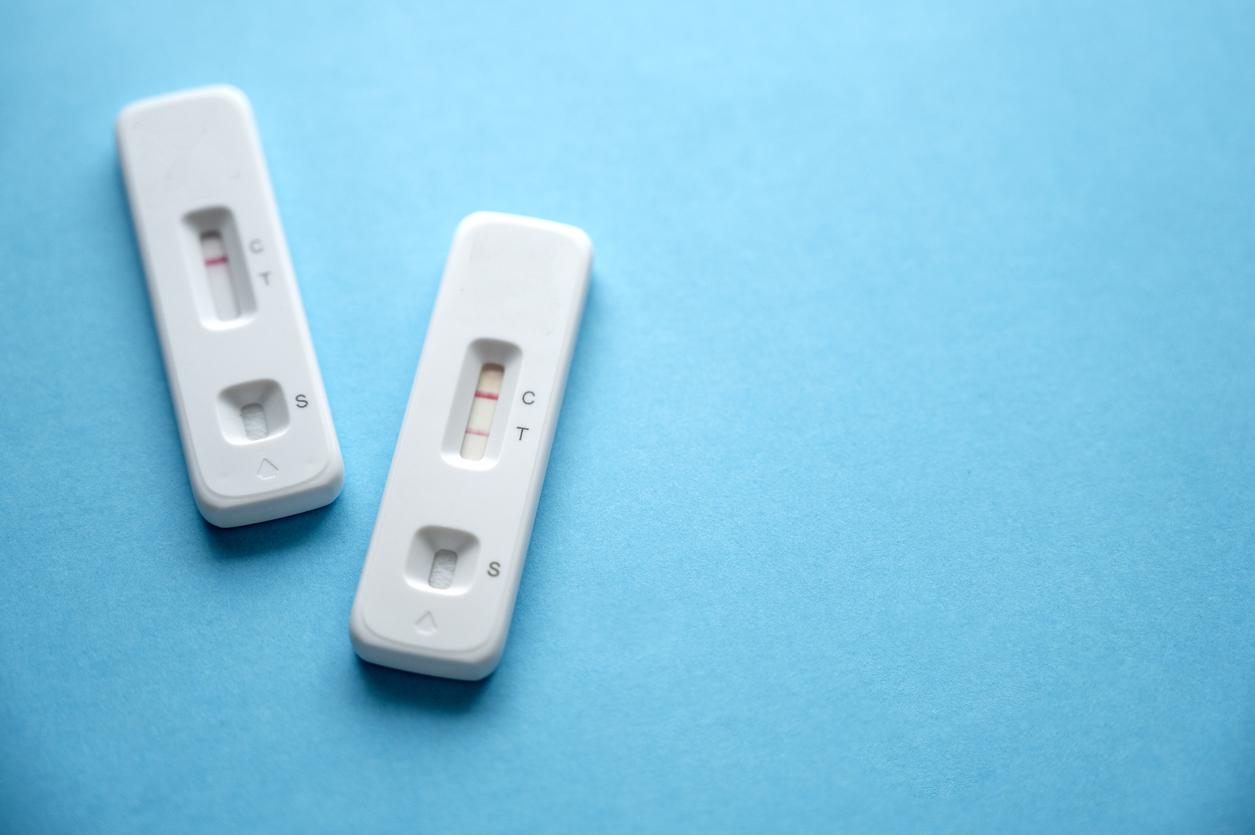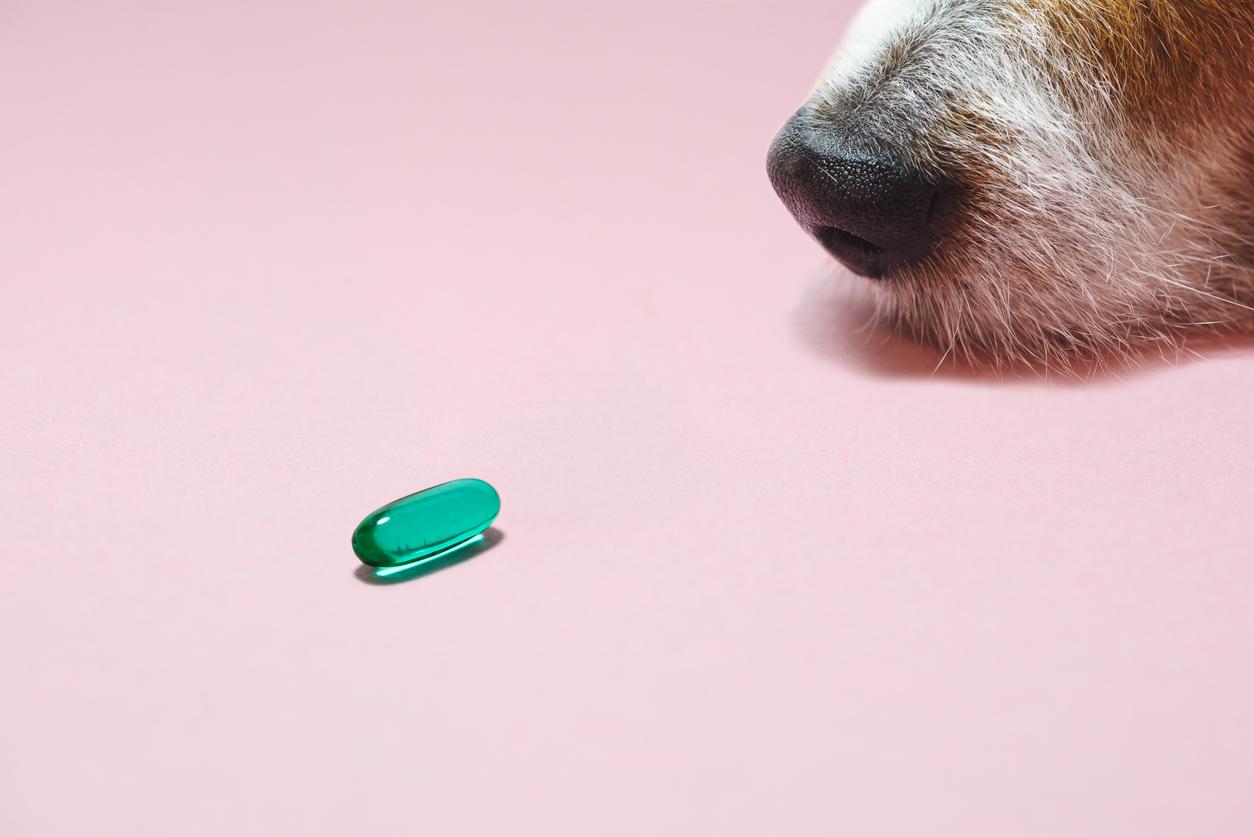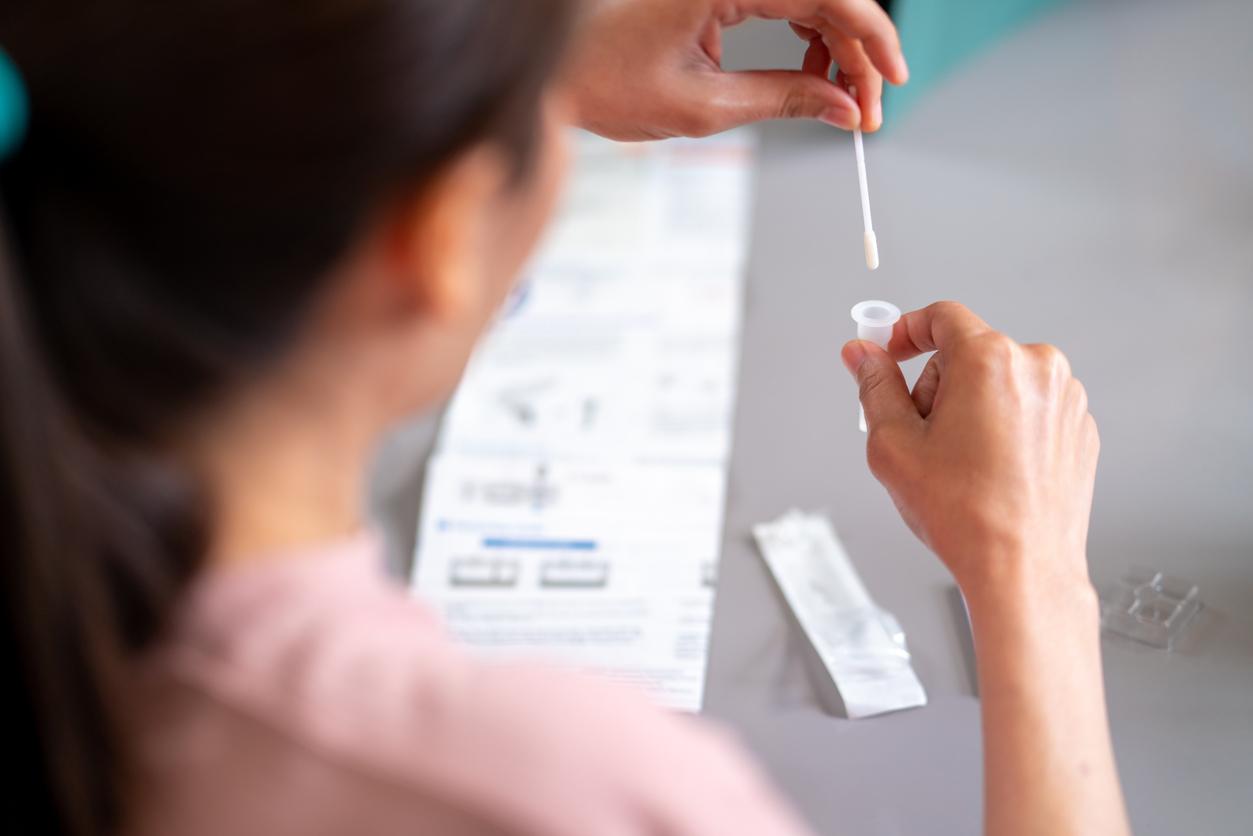
‘Sorry, your medicine isn’t here’
Patients who come to the pharmacy with a prescription are increasingly told that a medicine is not in stock. Or they get another, comparable drug. This is not only annoying, but also regularly leads to health problems.
Non-deliverable drugs are a major and persistent problem. A poll by the Dutch Patient Federation, which represents more than 200 patient organisations, showed that in 2018 more than half of the people did not receive their medicines at the pharmacy on the same day. They had to wait one or two days or even a week, were given a smaller package with fewer pills or a replacement medicine with the same active ingredient. The latter happened to more than a quarter of the group that was told ‘no’.
The (temporary) unavailability of medicines or suddenly receiving another medicine causes stress and uncertainty in patients. It also sometimes leads to higher healthcare costs. In addition, this regularly causes health problems. “We found it shocking to see how many people were affected by this. That is why we wanted to sound the alarm this spring with our website Stop the pill chaos,” says Dianda Veldman, director of the Patient Federation. “Within three months we received more than 80,000 responses.”
Elderly people in particular suffer a lot from drug shortages and changes, because they more often use several drugs at the same time. This is not only apparent from the poll by the Dutch Patients Federation, but also from the letters that were received after a reader appeal from Plus Magazine on the subject.
These are often essential medicines. Last summer, certain medicines for cardiovascular diseases were not available. Like certain antidepressants. Switching these drugs is problematic, because they only work after four to six weeks. Because the thyroid medicine Thyrax was not available in the Netherlands for a year and a half, patients had to be transferred to something else. As a result, tens of thousands of people were disturbed; it sometimes took months before they were properly set up again. “That led to many doctor visits with all the associated healthcare costs. It is an example of penny wise, pound foolish,” says Veldman.
More manufacturing in Europe?
Why are there so many drug shortages? One of the causes is a shortage of raw materials. Because the production of raw materials has gone to low-wage countries, we have become more dependent on countries such as China and India. More manufacturing in Europe would be better, according to Veldman. There are also too small stocks at the wholesaler, and therefore at the pharmacy. According to Veldman, the medicine chain is now too geared to cost-efficiency. “You can compare the chain: raw materials suppliers, manufacturers, wholesalers, pharmacies and health insurers with an elastic band that is too tight. This means that a patient immediately notices if something goes wrong somewhere in the chain.”
Furthermore, medicines are on average cheaper in the Netherlands than in a number of other countries. As a result, manufacturers sometimes prefer to deliver to other countries. The price difference also means that medicines are exported from the Netherlands to other countries. “That is not prohibited, but it should not be possible in situations of shortages,” says Veldman. “The four major wholesalers have pledged not to export funds abroad if there is a shortage.”
Apart from medicine shortages due to problems in the chain, people are also more often given a replacement medicine. This is because a doctor prescribes an active substance, but depending on the preference policy of the health insurer, the pharmacist determines which medicine a person will receive. Sometimes a pharmacy opts for a different brand, because more money can be made from it, Veldman knows. Which brand you receive also depends on your health insurer. Sometimes they only reimburse a certain brand, because that is the only thing they have purchased.
Dramatic Side Effects
If a health insurer does not reimburse a particular drug, the patient is given the preferred (preferred) drug, which is usually cheaper, but contains the same active ingredient. However, people can react violently to a replacement drug that in theory should do the same. Research by a number of patient organizations in 2018 shows that about 30 percent of people who have to switch medicines experience problems as a result. According to Dianda Veldman, these vary in seriousness from annoying to really dramatic. “With some diseases, such as thyroid disorders and Parkinson’s, it is very difficult. People with Parkinson’s started freezing again due to a switch. Someone can then no longer move properly and stiffens.”
The Patient Federation is not by definition against switching and also considers it important that pills remain affordable. “There is nothing wrong with a little competition between drug manufacturers, because purchasing is cheaper,” says Veldman. “And as a premium payer you also understand that it is better if a health insurer opts for a cheaper brand. However, exceptions must be possible. The patient should not be the victim of this.” Financial objectives now play too great a role in drug changes and too little attention is paid to the importance of those who use the drugs, she believes.
Confused by other pills
The Ministry of Health, Welfare and Sport, the Patient Federation, health insurers, manufacturers and pharmacies are discussing better agreements about drug changes. Two solutions are considered. Firstly, there will be a list of diseases in which it is in principle not allowed to switch medicines, such as Parkinson’s and thyroid diseases. An exception should also be made for groups for whom switching is problematic, such as people with psychiatric problems or dementia. “They get confused about other pills and have great difficulty breaking the routine,” Veldman says. “Mistakes occur due to a different color or amount, a different time of intake or a different device, especially if people use multiple medicines. For example, asthma patients got into trouble because of a different brand of inhaler. It contained the same active ingredient, but the tool worked differently. , so that dosing errors occurred. Some people even had to be hospitalized.”
Secondly, the parties involved also talk about the medicine shortages. They want to move to larger stocks in the Netherlands, so that every small disruption in the chain no longer immediately leads to a problem for the patient. Minister Bruins now also wants to investigate whether the European member states can produce raw materials for medicines themselves. Dianda Veldman believes that the government should play a leading role in solving the shortages, because it concerns public health. The parties will soon resume consultations with the minister.
Medicines not available
According to pharmacists’ organization KNMP, the number increased from 200 (temporarily) undeliverable medicines ten years ago to almost 800 now. In 2018, 769 medicines were not available nationwide for at least two consecutive weeks. These included the blood pressure medicine (contaminated with a carcinogen) valsartan, the contraceptive pill, painkillers, anti-epilepsy medicines and Parkinson’s medicine levodopa. According to the government’s ‘Medicine Shortages and Defects Hotline’, there were 536 drug shortages in 2017 and that had risen to 1,390 in 2018. This sharp increase may be partly due to the fact that the hotline has become more well-known. The big difference is because manufacturers are obliged to report a (potential) shortage to the Hotline. This does not have to lead to a shortage in practice. Pharmaco of the KNMP is based on reports from practice.
What can you do yourself?
- Go to the pharmacy with a repeat prescription two weeks before you run out of medication. Then you still have a stock if you don’t get them (immediately). Ask your pharmacist to check whether another pharmacy can supply a medicine.
- If it is medically necessary to use a particular brand, a doctor can put that on a prescription.
- Never buy medicines on Marktplaats, but only through a reliable internet pharmacy, see: www.providermedicines.nl, a website of the Ministry of Health, Welfare and Sport.
- If your health insurer only reimburses a certain (different) brand of medicine, you can switch to a health insurer that does reimburse it. This is possible at most once a year.
- Sometimes a pharmacist can and will give you a different (more expensive) brand if you pay for it yourself or pay extra for it.
- If you switch due to a shortage, you may have to pay more. Ask about it when you receive a change, so that you do not receive an unexpected bill from the health insurer afterwards.
- You can submit a complaint to a pharmacy, or to the complaints dispute committee in care.
This article previously appeared in Plus Magazine November 2019. Not yet a Plus Magazine subscriber? Becoming a subscriber is done in no time!
Sources):
- Plus Magazine















